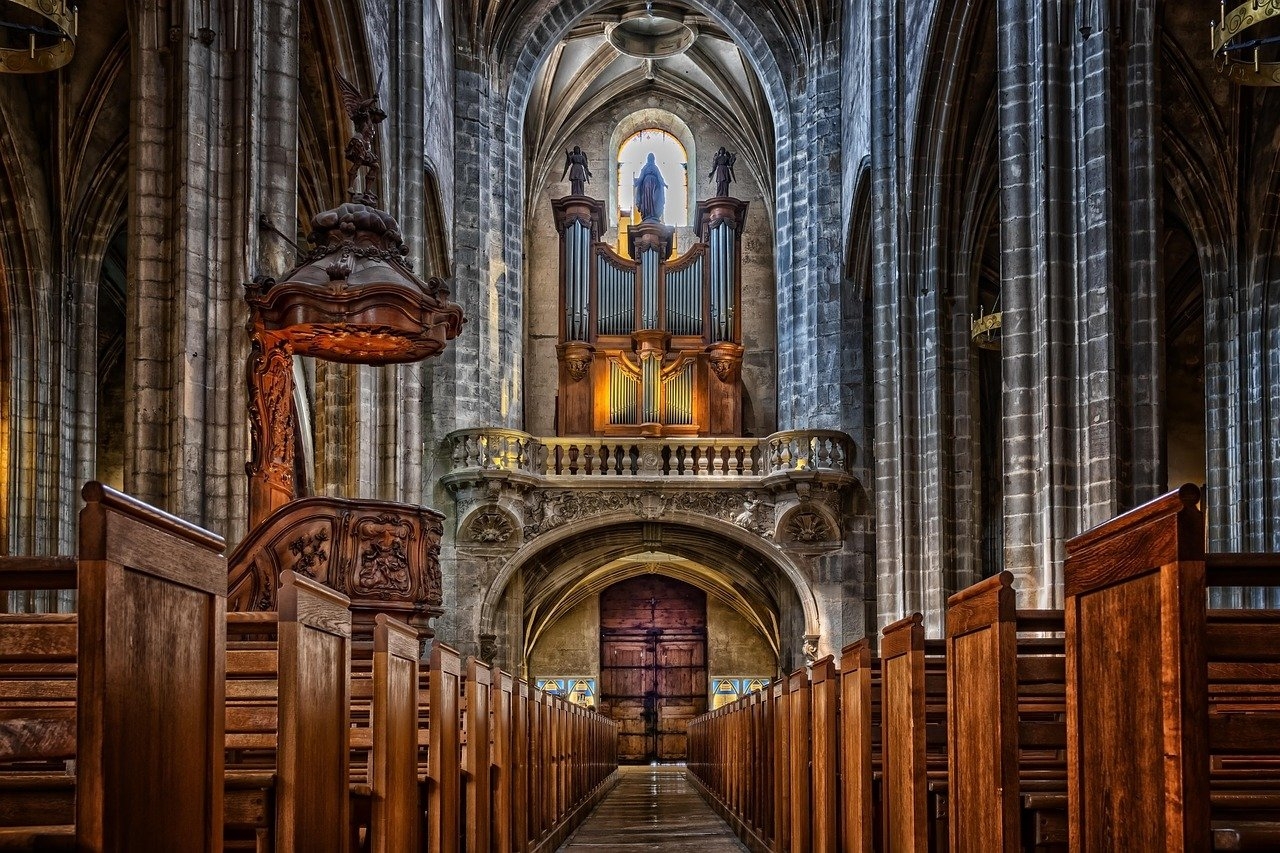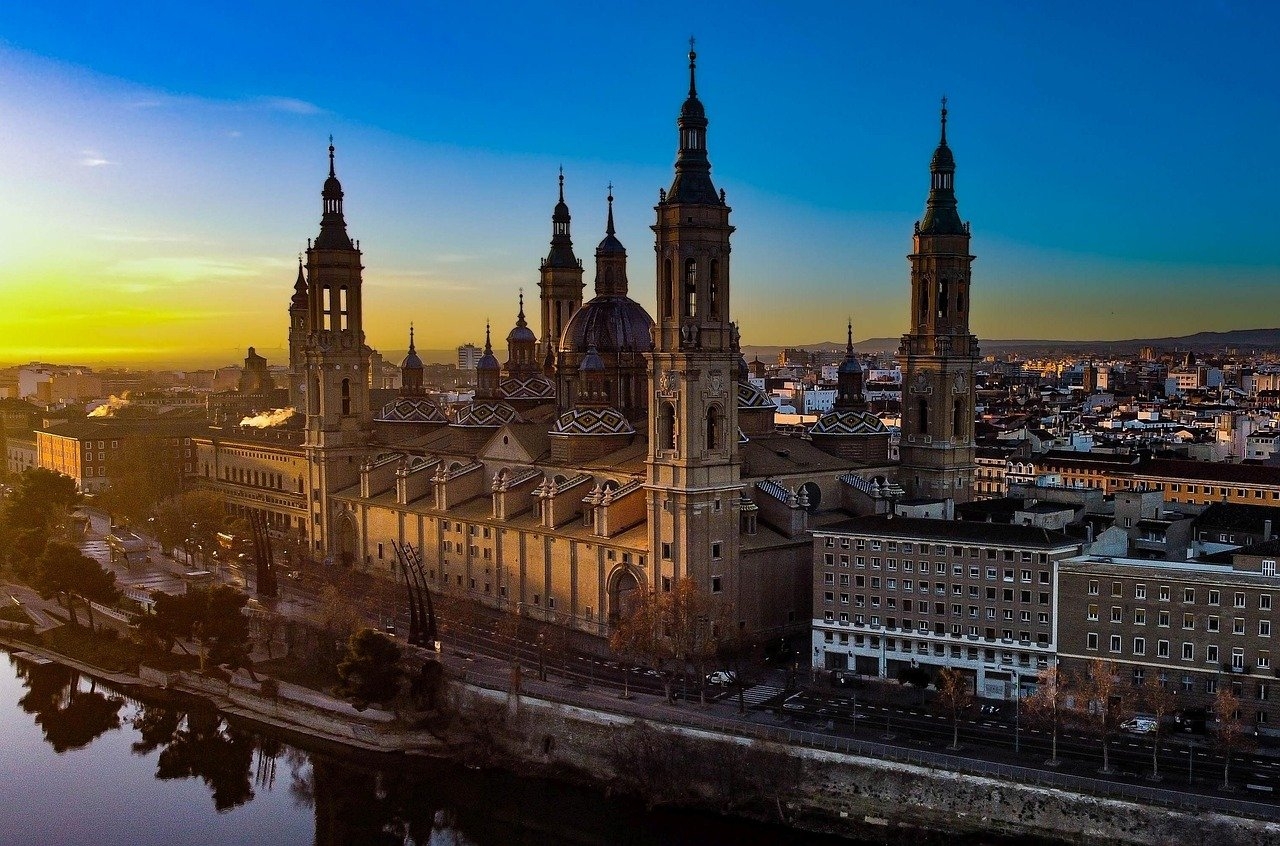Finding the right legal counsel is essential for navigating the complexities of Canon Law. In Crevillente, a number of experienced lawyers specialize in ecclesiastical matters, ensuring that both clergy and laity receive the guidance they need.
This article will explore how to find a Canon lawyer in Crevillente, the roles they play, their salaries, and more. By understanding these aspects, you can make informed decisions regarding your legal needs related to Canon Law.
How to find a canon lawyer in Crevillente?
Finding a qualified canon lawyer in Crevillente can be straightforward if you know where to look. Start by researching online or asking for recommendations from trusted sources within your community.
Another effective approach is to contact local ecclesiastical institutions or the Archdiocese of Agana. They often have lists of experienced lawyers in Canon Law who can assist you.
- Search online directories for legal professionals specializing in Canon Law.
- Visit law firms that advertise services related to ecclesiastical law.
- Check with local Catholic churches for referrals to experienced lawyers.
It’s crucial to verify the qualifications and experience of the lawyer you choose. Look for professionals with a solid background in Canon Law and a good reputation among clients.
What does a canon lawyer do?
A canon lawyer specializes in the legal matters of the Catholic Church, providing legal counsel on various ecclesiastical issues. Their responsibilities include:
- Advising clergy and laity on their rights under Canon Law.
- Representing clients in ecclesiastical tribunals.
- Assisting with marriage annulments and other sacramental cases.
Moreover, canon lawyers play a significant role in interpreting the laws established by the Church, ensuring that individuals understand their legal standing within ecclesiastical contexts. This can be particularly important for those affected by recent decisions from the Archdiocese of Agana.
Understanding the nuances of Canon Law can be complicated, which is why having a knowledgeable lawyer is indispensable for those facing legal challenges in these areas.
What is the salary of lawyers in canon law in Crevillente?
The salary of lawyers in Canon Law in Crevillente can vary widely depending on their experience, location, and the complexity of the cases they handle. Generally, entry-level canon lawyers may earn around €30,000 annually, while more experienced professionals can make upwards of €60,000 or more.
Factors influencing salary include:
- Years of experience in Canon Law.
- Reputation and success rate in handling cases.
- Type of clientele served (clergy vs. laity).
In addition, lawyers working with established firms, such as CC Lawyer Alicante Torrevieja, may have access to a broader range of cases and higher earning potential than those in private practice.
Where to find a canon lawyer near me?
To locate a canon lawyer near you, consider the following options:
- Utilize online legal directories to search for local experts in Canon Law.
- Contact local parishes to ask for recommendations.
- Explore social media platforms and community forums for insights from others who have sought similar legal assistance.
By leveraging these resources, you can find a qualified lawyer in your vicinity, ensuring that you receive the legal support you need without unnecessary delays.
Are there female lawyers in canon law in Crevillente?
Yes, there are female lawyers specializing in Canon Law in Crevillente. The presence of women in this field has been growing, reflecting broader trends within the legal profession.
Female canon lawyers bring unique perspectives and expertise to the table, often focusing on issues that affect women within the Church. They may also offer services tailored to the needs of female clergy and laity.
Many of these women are not only qualified lawyers but also have a deep commitment to their faith, making them compassionate advocates for their clients.
What is the importance of canon law in the Catholic Church?
Canon Law is a fundamental aspect of the Catholic Church, governing its internal affairs and ensuring that the rights of its members are protected. This legal framework plays a pivotal role in:
- Safeguarding the rights of individuals within ecclesiastical forums.
- Providing a structured process for addressing grievances and disputes.
- Upholding the doctrines and teachings of the Church.
In recent years, as the Church faces various challenges, the relevance of Canon Law has become even more pronounced. Decisions made by authorities such as the Archdiocese of Agana can have significant implications for both clergy and laity, making legal counsel essential.
The evolution of Canon Law reflects broader societal changes, requiring professionals with specialized training to navigate effectively. Understanding these laws is crucial for anyone involved in ecclesiastical matters.
Related questions about canon law lawyers
Can a lay person be a canon lawyer?
Yes, a lay person can become a canon lawyer. Many lay canon lawyers are well-educated and trained in the intricacies of Canon Law, allowing them to provide legal counsel to those within the Church.
Typically, lay canon lawyers hold advanced degrees in theology or law, equipping them with the necessary knowledge to navigate ecclesiastical issues. Their role complements that of clergy who also serve as canon lawyers, providing diverse perspectives within the field.
What training do canon lawyers need?
Canon lawyers are required to complete specialized education and training in Canon Law. This often includes obtaining a degree in Canon Law, typically a Licentiate or Doctorate in Canon Law.
Moreover, practical experience through internships or work with ecclesiastical tribunals is crucial. This combination of formal education and hands-on training prepares them to handle complex legal issues within the Church effectively.
What are the challenges faced by canon lawyers?
Canon lawyers often encounter various challenges in their practice. One significant issue is the evolving landscape of Canon Law, which requires continuous education and adaptation to new interpretations and applications.
Furthermore, working within ecclesiastical tribunals can be fraught with emotional and sensitive issues, particularly in cases involving marriage annulments or pastoral disputes. Navigating these challenges necessitates not only legal expertise but also emotional intelligence and empathy.
Additionally, lay canon lawyers may face barriers in gaining recognition and respect within a field traditionally dominated by clergy, which can complicate their professional journeys.
If you’re seeking assistance with Canon Law matters, our services at Asesor.Legal can provide the guidance you need.
Contact Asesor.Legal
Need help with Canon Law? Our virtual assistant is available 24/7.
Phone: 900 909 720
Email: [email protected]
Web: www.asesor.legal
Preguntas frecuentes
Pregunta: ¿Qué servicios ofrecen los abogados en derecho canónico en Crevillente?
Respuesta: Los abogados en derecho canónico en Crevillente ofrecen asesoramiento y representación en asuntos relacionados con el derecho de la Iglesia, incluyendo nulidades matrimoniales, dirección de procesos eclesiásticos y orientación sobre la legislación canónica aplicable.
Pregunta: ¿Cuáles son los pasos para solicitar la nulidad matrimonial en Crevillente?
Respuesta: Para solicitar la nulidad matrimonial en Crevillente, el interesado debe presentar una petición ante el Tribunal Eclesiástico correspondiente, acompañada de la documentación necesaria. Se recomienda contar con la asistencia de un abogado especializado en derecho canónico para garantizar que todos los requisitos se cumplan adecuadamente.
Pregunta: ¿Qué plazo se estima para el proceso de nulidad matrimonial en el ámbito canónico en Crevillente?
Respuesta: El plazo para el proceso de nulidad matrimonial puede variar, pero generalmente se estima entre seis meses y un año, dependiendo de la complejidad del caso y del Tribunal Eclesiástico encargado. Un abogado especializado puede ofrecer una estimación más precisa según las circunstancias específicas.
Pregunta: ¿Cuáles son los costes asociados a los servicios de abogados en derecho canónico en Crevillente?
Respuesta: Los costes de los servicios de un abogado en derecho canónico en Crevillente pueden variar según la complejidad del caso y la experiencia del profesional. Es recomendable solicitar un presupuesto detallado que incluya honorarios y posibles tasas judiciales antes de iniciar el procedimiento.



